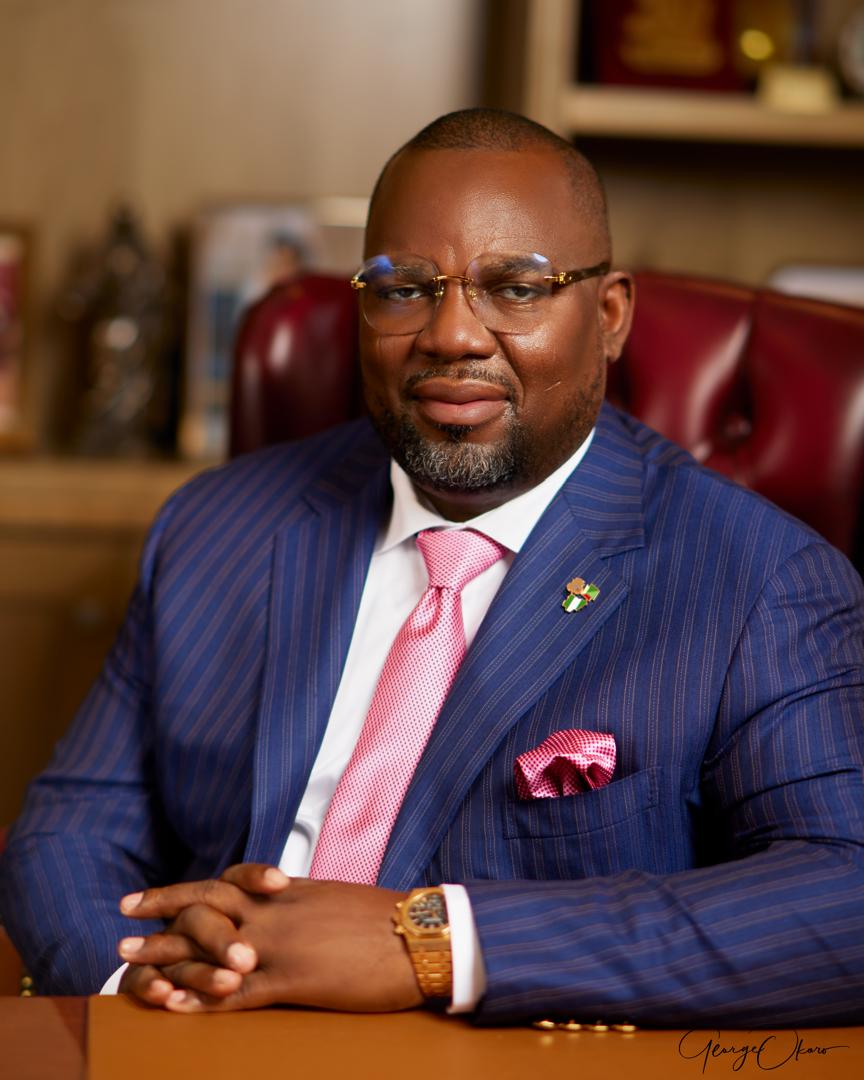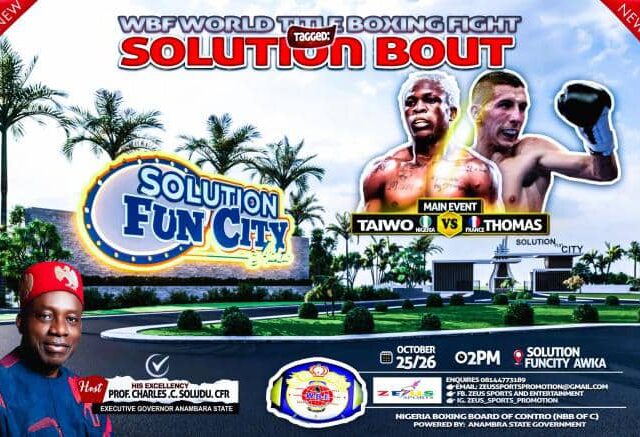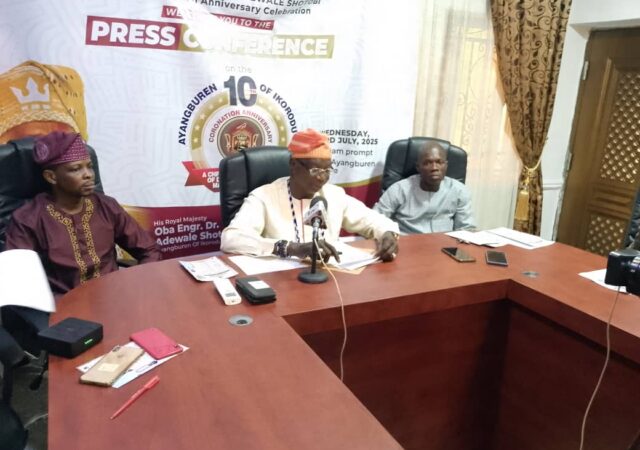Mr Julius Rone, the Group Managing Director/CEO of UTM Offshore Limited, has declared that before the end of 2024, an announcement on the Final Investment Decision (FID) on the $5billion Floating LNG Project will be made.
Mr Rone, widely known as the ‘Gas King’, disclosed this in an exclusive interview with members of the African Association of Energy Journalists and Publishers, (AJERAP), drawn from 54 African nations.
Mr. Rone spoke on a wide range of issues, especially, the inspiration behind the project, milestones achieved, lessons learned and expected impact on not only Nigeria but also Africa and the global economy. He highlighted Africa’s vast natural gas reserves, estimated at 630 trillion standard cubic feet, and the urgent need for investment in this sector to foster sustainability.
The engagement was Co-hosted by Mr. Camara Sanna, a Gambia-based media consultant and Allen Atwiine, Managing Partner of Surprise Africa, Uganda; both if whom are practicing energy journalists and members of AJERAP.
Interview Highlights
Inspiration Behind UTM Offshore
Rone’s passion for the energy sector stems from his upbringing in Nigeria’s Niger Delta, where he witnessed the industry’s potential. He aims to prove that indigenous companies can successfully harness local resources, thereby enhancing Nigeria’s role as a leading oil and gas nation in Africa. His commitment reflects a broader vision: that other African countries can replicate this model to develop their energy sectors.
Project Progress and Investment Decisions
With engineering studies complete and regulatory approvals secured, Rone emphasized that UTM Offshore ilwouod soon make a final investment decision (FID). The UTM Boss highlighted the importance of aligning with global financial institutions such as Afrexim Bank to secure necessary funding, indicating a strong commitment to both local and international collaboration in advancing the project.
Economic and Environmental Impact
The floating LNG project is set to create significant job opportunities—7,000 direct and indirect jobs during operations, and over 25,000 during construction. Rone noted that the project aligns with Nigeria’s commitment to reducing gas flaring and supports the transition to cleaner energy sources. It aims to meet domestic energy demands, reduce reliance on imports, and strengthen Nigeria’s currency by increasing local production.
Addressing Energy Poverty
According to Rone, a major challenge has been the seemingly insurmountable energy poverty that has defied solution.
One solution he advocates for is the implementation of systemic changes to combat energy poverty across Africa, emphasizing the need for conducive government policies, simplified regulatory processes, and a stable investment environment. He believes that successful energy initiatives in Nigeria can serve as a model for other African nations.
Global Energy Transition and African Security
Geopolitics has always been a part of the global energy industry, says Mr Rone. He highlighted the significance of gas as a transitional fuel in Africa, asserting that the continent should not rush to abandon fossil fuels without ensuring energy security. Rone called for increased investment in gas projects, supported by government incentives, to enhance energy access and promote sustainable development.
Support for African Energy Week
Rone noted the event’s role in fostering collaboration among African leaders and businesses to address the continent’s energy challenges. This he said, continues to resonate which is why UTM Offshore continues to support the African Energy Week (AEW), viewing it as a crucial platform for dialogue on energy security and investment opportunities in Africa.
Challenges for Investors
Rone identified several barriers for potential investors, including inconsistent policies, high taxation, and corruption perceptions. He urged governments to create a transparent and supportive environment that would facilitate investment and economic growth.
Future Plans and Local Commitment
Looking ahead, Rone expressed interest in collaborating with the forthcoming African Energy Bank to finance sustainable projects. He underscored UTM Offshore’s dedication to local content development, particularly through training programs for Nigerian youths to enhance their skills in managing LNG facilities.
Overall Vision
Rone envisions the floating LNG project not only as a significant economic driver for Nigeria but as a pivotal step towards a more sustainable and energy-secure Africa. By leveraging local resources and expertise, he aims to position Nigeria as a leader in the global energy landscape.







